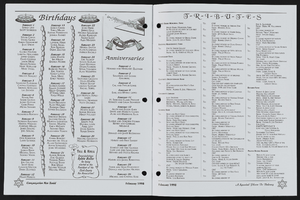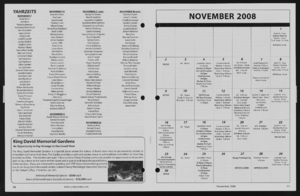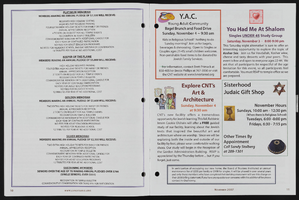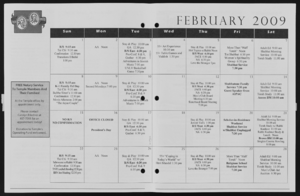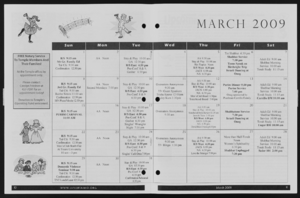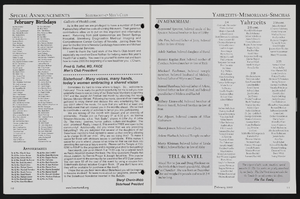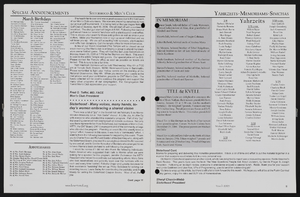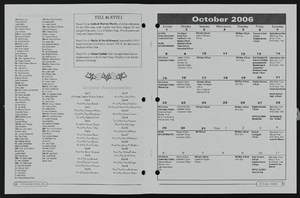Search the Special Collections and Archives Portal
Search Results
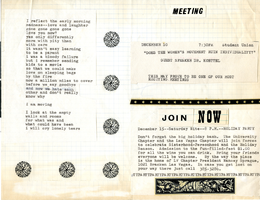
National Organization for Women artwork and ephemera, 1970s
Date
1970 to 1979
Archival Collection
Description
Zine, artwork, and magazine for the National Organization for Women (NOW).
Text
Pagination
Refine my results
Content Type
Creator or Contributor
Subject
Archival Collection
Digital Project
Resource Type
Year
Material Type
Place
Language
Records Classification

